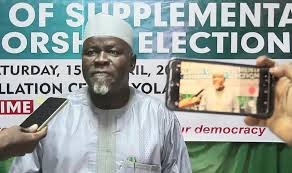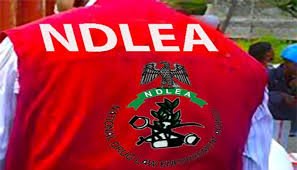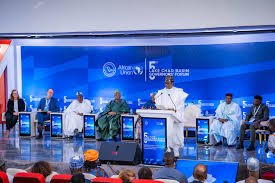A Kaduna-based media expert, Adamu Marshall has drawn attention to how preference for Dollars by government officials drives Naira depreciation. According to the expert a shift in government officials’ preference for the United States Dollars is a key factor behind the depreciation of Naira, the Nigerian currency.
In an exclusive interview with The Explainer, Marshall said government funds, particularly those from the removal of fuel subsidies, were converted to Dollars in parallel markets, thereby weakening and putting unnecessary pressure on the local currency.
He said; “It is obvious that everything we do in this country today is done in Dollars, while relegating the Naira to the background.
“Inflation is a natural process, if you are dealing with buying and selling, and you allow it a free fall, definitely you are bound to have inflation, this is because the regulator is not there.
“The private sector is business oriented, and they do everything possible to maximise their profit. So, in this case, government must be up and doing. We should not forget that the primary responsibility of government is the security of the citizens, and they have to be protected. Regulation is a whole package, and it must be carried out systematically by government.
“The speed in which the price of commodities are changing in the market is alarming, and if there is food scarcity, it will definitely lead to anarchy, and that is what we are not praying for in the country.”
Findings by The Explainer revealed that, with the removal of the fuel subsidy, more volumes of Naira were being shared by the federal, state and local governments.
However, the monies were being changed to Dollars at the parallel markets, especially by the states of the federation.
On August 22, N966.1 billion was shared for July, and the Naira weakened from 850/$ on August 22 to 905/$ on August 26.
On September 29, N1.1 trillion was shared for August. The exchange rate at the black market went from N995/$ on September 29 to N998/$ on October 3.
On October 24, FAAC shared N903.4 billion for September. The exchange rate at the black market was N1,200/$ on October 24 and N1,140/$ on October 28.
On November 22, the three tiers of government received N906.9 billion for October. The exchange rate at the black market was N1,140/$ on November 22 and N1,155/$ on November 26.
On December 15, FAAC announced that it shared N1.09 trillion for November. Between December 15 and 19, the exchange rate at the black market was N1,230/$ and N1,235/$ respectively.
Also, the Federation Account Allocation Committee (FAAC) disbursed the sum of N1.62 trillion to the three tiers of government in December 2023 from the total revenue generated in November 2023, this, according to the report of the National Bureau of Statistics.
The total amount disbursed represents an increase of over N200 billion, compared to N1.35 trillion disbursed in November 2023.
























